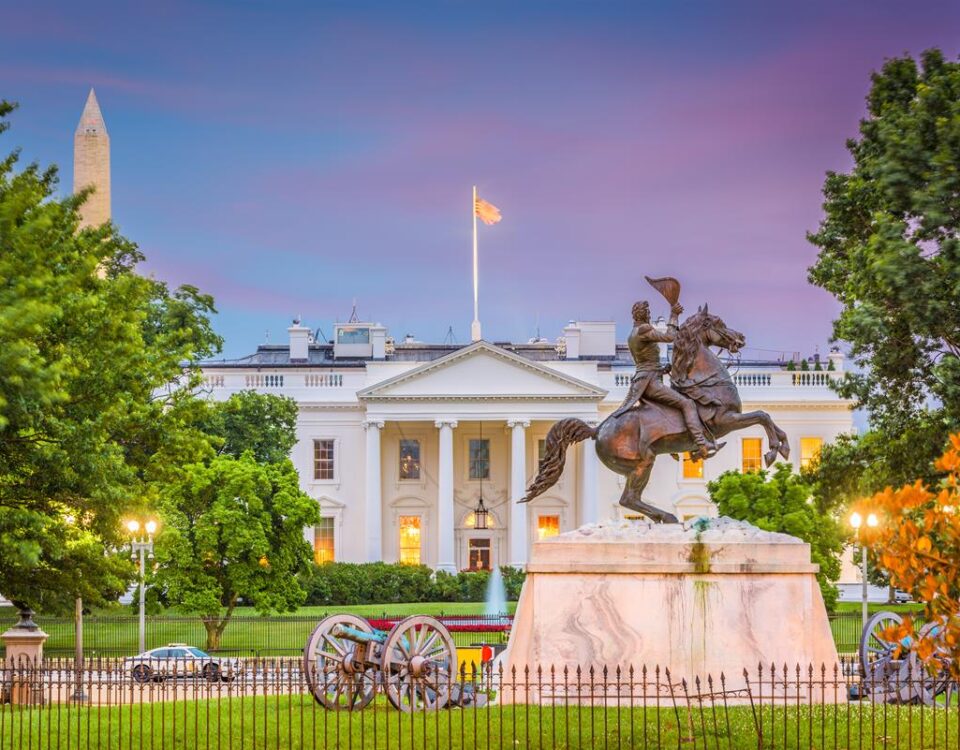
Post-Pandemic Customer Service Crisis
January 9, 2025
How to make the ULTIMATE Hot Ones NACHOS 🌮🧀🌶️
January 10, 2025Jimmy Carter’s Post-Presidency Palaeosophy
After leaving the presidency in 1981, Jimmy Carter’s post-presidency was marked by significant humanitarian work, diplomatic efforts, and contributions to global peace. His life after the White House became a testament to his dedication to public service, which he continued in ways that went beyond political office.
Carter’s post-presidency began with a commitment to improving global health, human rights, and conflict resolution. One of the most notable aspects of his post-presidential life was his involvement with the Carter Center, a nonprofit organization he founded in 1982. The center aims to advance human rights, alleviate suffering, and enhance democratic governance. The Carter Center became a major vehicle for his post-presidential efforts, particularly in disease eradication and conflict mediation.
Carter worked with the center to help fight diseases like guinea worm disease and river blindness. Through innovative public health initiatives and partnerships, the Carter Center has significantly reduced the incidence of guinea worm disease by 99% since 1986. This achievement earned Carter international recognition and cemented his legacy as a global health advocate.
Another key area of Carter’s post-presidency was his involvement in peace negotiations. He often served as a mediator in conflicts around the world, using his diplomacy skills to help resolve international tensions. Jimmy played a pivotal role in facilitating negotiations in regions such as the Middle East, Africa, and Latin America. Carter’s commitment to dialogue and resolution made him a respected figure in international peacebuilding.
Additionally, Carter wrote several books on politics, poetry, human rights, and faith, providing reflections on his presidency and offering insights into his values. His 2006 book, Palestine: Peace Not Apartheid, in which he criticized Israeli policies, garnered both praise and controversy, reflecting his willingness to engage with sensitive issues and his commitment to speaking out on behalf of peace and justice.
Carter also made significant contributions to housing initiatives through the Habitat for Humanity organization. In 1984, he became actively involved in Habitat for Humanity, helping to build homes for low-income families. His work with Habitat demonstrated his belief in the dignity of all people and his deep-seated commitment to social justice. For decades, Carter and his wife, Rosalynn, volunteered with the organization, working on construction sites in the U.S. and abroad, earning admiration for their hands-on efforts and leadership in charitable causes.
In addition to his humanitarian and diplomatic work, Carter’s post-presidential years were marked by his status as a moral voice on issues of human rights and justice. His efforts to promote peace, democracy, and human rights gained him the Nobel Peace Prize in 2002, recognizing his tireless work on behalf of peace negotiations, disease prevention, and human rights advocacy. Carter’s Nobel Peace Prize marked the pinnacle of his post-presidency, affirming his legacy as a global humanitarian leader.
Carter’s post-presidency has also been characterized by his personal life, including his ongoing commitment to his faith and family. In his later years, even as his health declined, he remained a fixture in global advocacy, promoting the causes he believed in. Jimmy Carter’s post-presidency, marked by compassion, diplomacy, and tireless work on behalf of the less fortunate, has been one of the most impactful in modern American history. His work in humanitarianism and peace has ensured that his legacy endures far beyond his time in office. Jimmy Carter never lied to us, obeyed the law, and kept the peace.
C. Rich
CRich@AmericaSpeaksInk.com

C. Rich is the voice behind America Speaks Ink, home to the America First Movement. As an author, poet, freelance ghostwriter, and blogger, C. Rich brings a “baked-in” perspective shaped by growing up on the streets and beaches of South Florida in the 1970s-1980s and brings a quintessential Generation-X point of view.
Rich’s writing journey began in 2008 with coverage of the Casey Anthony trial and has since evolved into a wide-ranging exploration of politics, culture, and the issues that define our times. Follow C. Rich’s writing odyssey here at America Speaks Ink and on Amazon with a multi-book series on Donald Trump called “Trump Era: The MAGA Files” and many other books and subjects C. Rich is known to cover.
“America Speaks Ink is a Google News approved source for Opinion”





